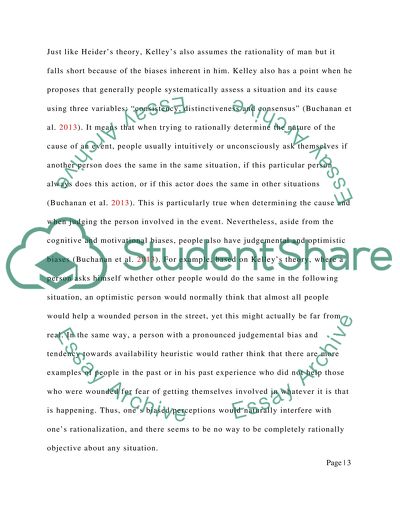People are intuative scientists, constructing logial and rational Essay. Retrieved from https://studentshare.org/psychology/1468249-people-are-intuative-scientists-constructing
People Are Intuative Scientists, Constructing Logial and Rational Essay. https://studentshare.org/psychology/1468249-people-are-intuative-scientists-constructing.


